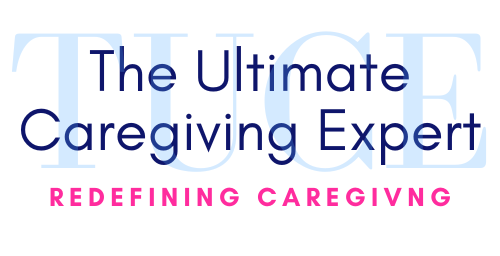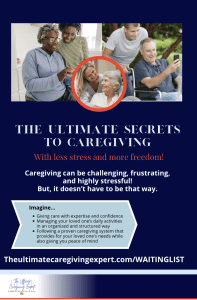How To Effectively Have Rights As A Working Caregiver

As a working caregiver, you have rights. However, are you someone with an older family member you look after but also working on the side? Perhaps you currently work full-time in an office but need to leave from time to time to take care of your loved one. Sometimes, caregiver rights may feel like you are abandoning your responsibilities at work or your obligations to your relative.
Employers’ Role for the Working Caregiver
As a working caregiver, know that your employer cannot discriminate against you for being the caregiver of a family member. As noted by the Equal Employment Opportunity Commission (EEOC), caring for an elderly loved one is the inverse of childcare. Meaning, in that responsibilities, generally increase over time as a senior’s health condition worsens. It is also much more unpredictable, and unforeseen events tend to occur with little warning. As a working caregiver, you will likely spend more time caring for the person you love. And this could create conflicts at work. In addition, according to the EEOC, an increasing number of Americans are working caregivers for elderly family members. And this will only trend upward as the Baby Boomer population gets older.
Benefits and policies for the working caregiver
Look into the current benefits and policies of your employer. Some companies offer help to working caregivers taking care of their family members. This sometimes includes assistance finding resources, subsidized backup care, flexible schedules, or counseling. You can speak with your Human Resources department to learn about these benefits.
Medical Leave Act for the working caregiver
Furthermore, read up on the Family and Medical Leave Act. The FMLA dictates that eligible employees of covered employers can take unpaid leave job-guaranteed leave for various family or medical reasons. This leave should not cut your health insurance coverage if you receive group coverage through your employer. Also, the FMLA says that employees may use twelve work weeks of rest in one year. You can use this to care for a spouse, child, or parent with a severe health condition.
Communicating with the employer
Communicating with your employer is critical. This is a priority to maintaining the balance between work and caregiving for your loved one. You may need to explain your loved one’s current debilitations. Also, explain how they affect your schedule and how you will have to leave work in response to a crisis. Ask your employer how you should discuss this issue with your coworkers. They may be able to assist you with work responsibilities when you are responding to an emergency. See if your coworkers are in a similar role as a working caregiver with a family member. Ask them about how they handle crises when they occur and if they have any advice for you.
You may need to explain your loved one’s current debilitations and how they affect your schedule. Remember to apply coping strategies for caregiver guilt to ease the emotional burden that comes with work–care balance.
Do not hesitate to ask for help.
Being a working caregiver can be rewarding for you and your loved one, but you may need help from family and friends. Remember, asking for help in caregiving is actually a sign of strength, not weakness.. Ask for help when you need it. You can always look for professionals in your area with the knowledge to help you manage your caregiving duties. Create boundaries and limits with your family members—also, other care recipients about your availability while you are working. Perhaps you can be available during your lunch or have a half-day once in a while.
Have a backup plan as a working caregiver Rights
Always have a backup plan for when things don’t go according to plan. Practicing time management tips for caregivers can help you stay flexible and prepared for unexpected changes. Remember, you’re not the only one in this boat, so even when it seems impossible, remember that you have options.
Caregiving can be challenging, frustrating, and highly stressful!
But it doesn’t have to be that way.
I will tailor the sessions to your specific needs to:
Additional Education
Education in caregiving refers to acquiring the knowledge, skills, and understanding necessary to provide care for individuals who require assistance with activities of daily living, such as bathing, dressing, eating, and grooming.
This education can be obtained through formal programs or on-the-job training and experience.
Education in caregiving aims to equip individuals with the skills and knowledge necessary to provide high-quality, compassionate care for those in need.
Caregiving can be challenging, frustrating, and highly stressful!
But . . . it doesn’t have to be that way.
Imagine . . .
- Giving care with expertise and confidence
- Managing your loved one’s daily activities in an organized and structured way
- You follow a proven caregiving system that provides for your loved one’s needs while giving you peace of mind.
If the above sounds like what you need and have been searching for desperately . . . Then you need to enroll in The Ultimate Secrets to Caregiving with LESS Stress and MORE peace course!
Conclusion
As a working caregiver, life can be tuff. But following these tips and suggestions will help. For more help as a caregiver, check out this post on caregiver burnout.
Author’s bio
Jacob Edward is the manager of Phoenix, Arizona-based companies https://www.seniorplanning.org/ and Prime Medical. Founded in 2007, Senior Planning has helped many Arizona seniors and their families navigate the complicated process of long-term care planning regarding finding senior living facilities.


